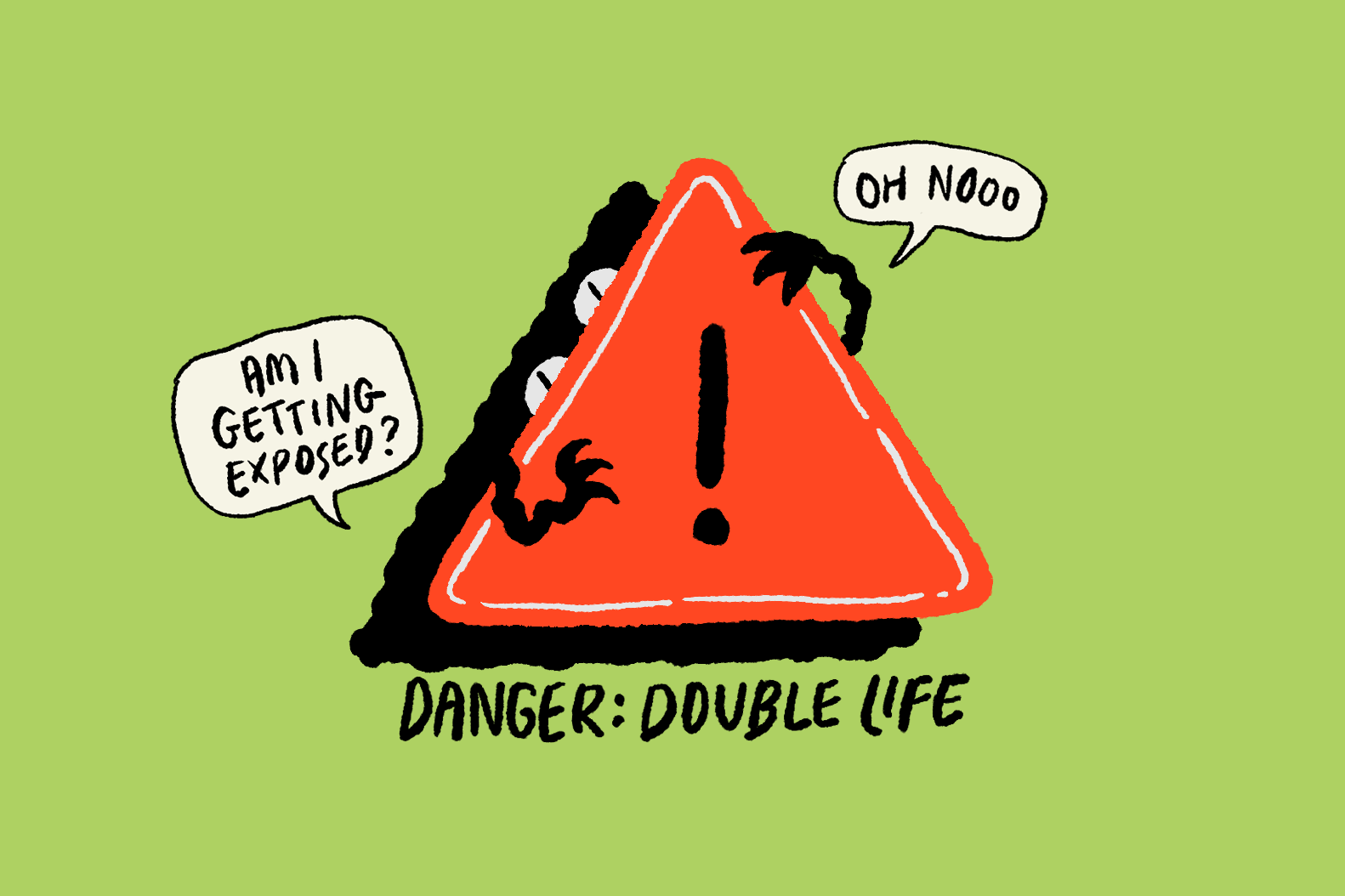I was reading Exodus 3 to Exodus 4:1-17, where God revealed His heart for the Israelites and His plan for Moses to lead them. Moses’ first words in response to that call struck me: “Who am I?”
Despite God’s repeated assurances that He would be with Moses and that the people and Pharaoh would listen to him, Moses continued to doubt God’s call for him.
He first questioned his locus standi to bring the Israelites out of Egypt: “Who am I that I should go to Pharaoh and bring the children of Israel out of Egypt?” (Exodus 3:11). God replied that He would be with him.
Moses then questioned his understanding and knowledge of who God was: “If I come to the people of Israel and say to them, ‘The God of your fathers has sent me to you,’ and they ask me, ‘What is his name?’ what shall I say to them?” (Exodus 3:13). God pretty much scripted the reply for Moses to give to the Israelites.
Moses then questioned his credibility: “But behold, they will not believe me or listen to my voice, for they will say, ‘The Lord did not appear to you’” (Exodus 4:4). God gave Moses a staff to perform miracles so it would be clear He was sent by God.
It is impossible to fulfil our calling without God’s empowerment.
Despite God’s reassurances, Moses still presents a final retort – that his talents are not good enough for the calling he has been given: “O my Lord, I am not eloquent, either in the past or since you have spoken to your servant, but I am slow of speech and of tongue.” (Exodus 4:10).
God still graciously promises Moses that He will empower him. However, despite all of God’s representations, warranties and undertakings, Moses isn’t convinced.
“Oh, my Lord, please send someone else.”
I’ve often questioned whether I was called correctly. I’ve wondered if soliciting was the right place for me to be. I’ve thought about whether I should leave.
So the replies that Moses gave God are not dissimilar to mine. I frequently question my ability to be a good solicitor – my bosses do as well. I question my value-add to my law firm and to the profession. I question my special standing as a daughter of God. I question the promise that God will empower me.
When I do … I am always drawn back to something I wrote on the day I got called. It helps with my fear of practice:
The Christian oath is different from the non-Christian oath. After the promise to “truly and honestly conduct myself in the practice of an advocate and solicitor according to the best of my knowledge and ability and according to law,” the Christian oath ends with a 4-word cry: “So help me God.”
So help me God! It’s a cry that expresses how inadequate I feel – how daunting the task is. But it also gives me peace: I know that the God I call upon has never failed me. He will always come through for me.
After all, He has already brought me further than I ever thought or deserved.
With faith, I celebrate having the privilege of serving people and clients as my livelihood. In gratitude, whenever I fall short of being that good advocate and solicitor which clients deserve, I know I have a just, loving and merciful God I can call upon for help. It is He who first empowers and prunes me to help society!
At the core of it, Moses deeply questioned his ability to fulfil God’s calling. Many times, when we receive a calling, we think the pressure is on us to perform. But we must remember that it is impossible to fulfil our calling without God’s empowerment.
“But he said to me, “My grace is sufficient for you, for my power is made perfect in weakness.” Therefore I will boast all the more gladly of my weaknesses, so that the power of Christ may rest upon me.” (2 Corinthians 12:9)
Moses would never have persuaded Pharaoh even if he had the eloquence of a Senior Counsel. God didn’t need that. If God was looking for eloquence, He would have looked for Aaron.
So why did God call Moses, a murderer? Why did God choose Jacob, a manipulator? Why did God choose the Israelites, the never-ending complainants?
I could offer a few reasons, but to be honest – I don’t know. Perhaps it has nothing to do with who we are – and everything to do with who He is.
God is Love. Because He loves you and has called you – He will provide for you. He will empower you.
He has given you the authority to act on His behalf, and He will never fail you.









